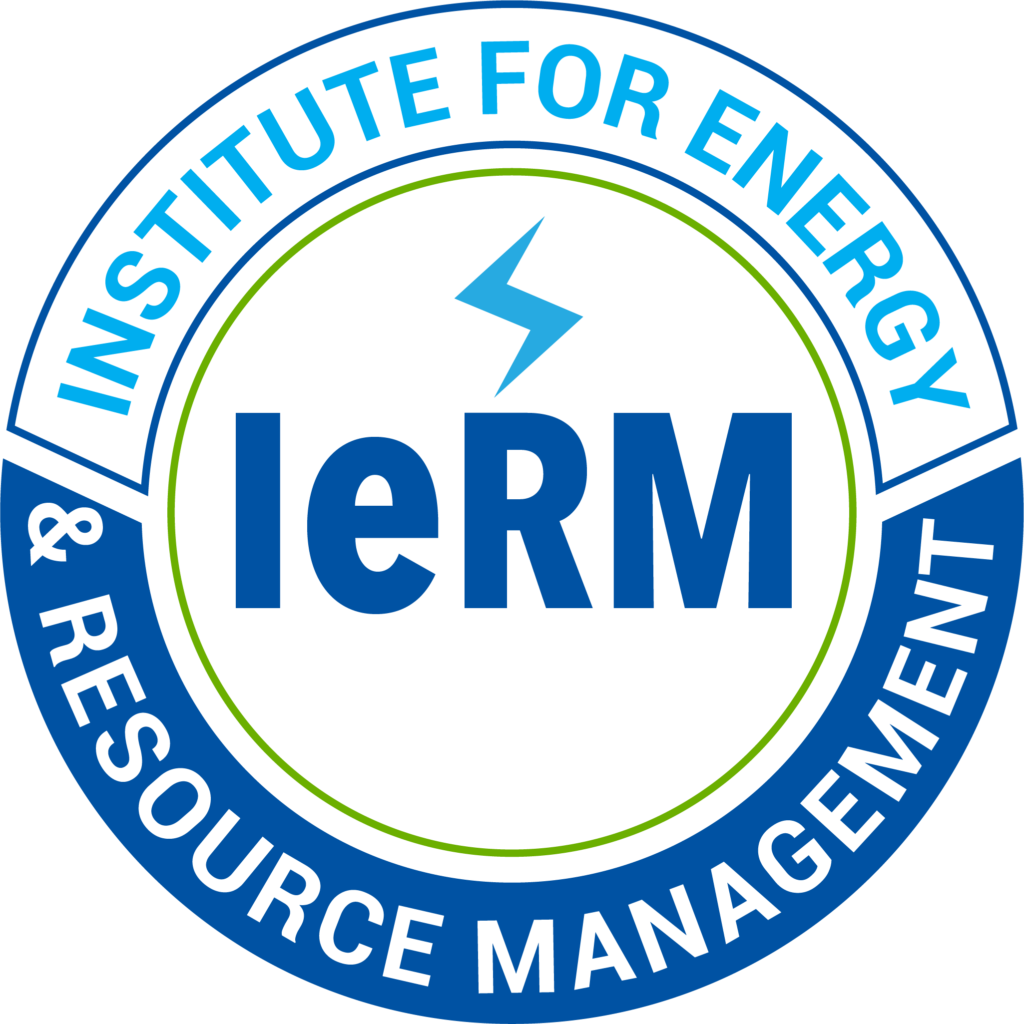Identify and Account for the True Costs of Landfilling
Identify and Account for the True Costs of Landfilling
Question: Why does it matter?
Answer: In the United States, landfilling is generally regarded as the cheapest method of municipal solid waste disposal. Yet proponents of landfilling ignore several significant short- and long-term impacts and costs, while at the same time applying these impacts and costs to other methods of waste treatment. Without including these costs, a true comparison is not possible, and ignoring these costs makes other approaches seem less economically viable.
This research and analysis is designed to identify and quantify the true costs of landfilling so that informed decisions can be made using an apples-to-apples comparison of solid waste disposal.
Background:
Background: We know that there are several significant costs associated with landfills that are not included in the current cost accounting.
These include:
1) Emissions of methane, carbon dioxide, and nitrous oxide, all of which contribute to Global Warming;
2) Toxic air emissions such as vinyl chloride, toluene, and benzene, Per- and Polyfluoroalkyl Substances (PFAS), known carcinogens and toxic substances in the runoff, called leachate, which contaminate groundwater;
3) The loss of valuable resources that could reduce the need for primary raw materials and energy;
4) And the cost of “perpetual” or forever care for landfills even after they are closed.
Each of these categories has categories associated with it, costs that are borne by the taxpayer but are not included in the fees charged by local jurisdictions for solid waste disposal. By leaving out these “externalities,” landfilling appears to be the lowest cost option. This false perception of low cost, coupled with exaggerated claimsof environmental protection, have led policymakers and the public to accept landfilling over better alternatives.
Opportunity: Determining the true costs of landfilling will enable elected and appointed officials to make informed decisions about the most cost-effective and environmentally responsible methods of waste disposal and treatment. It will also provide the public with the information necessary to hold public officials accountable.
Please consider making a tax-deductible contribution to IeRM to support this important work.



